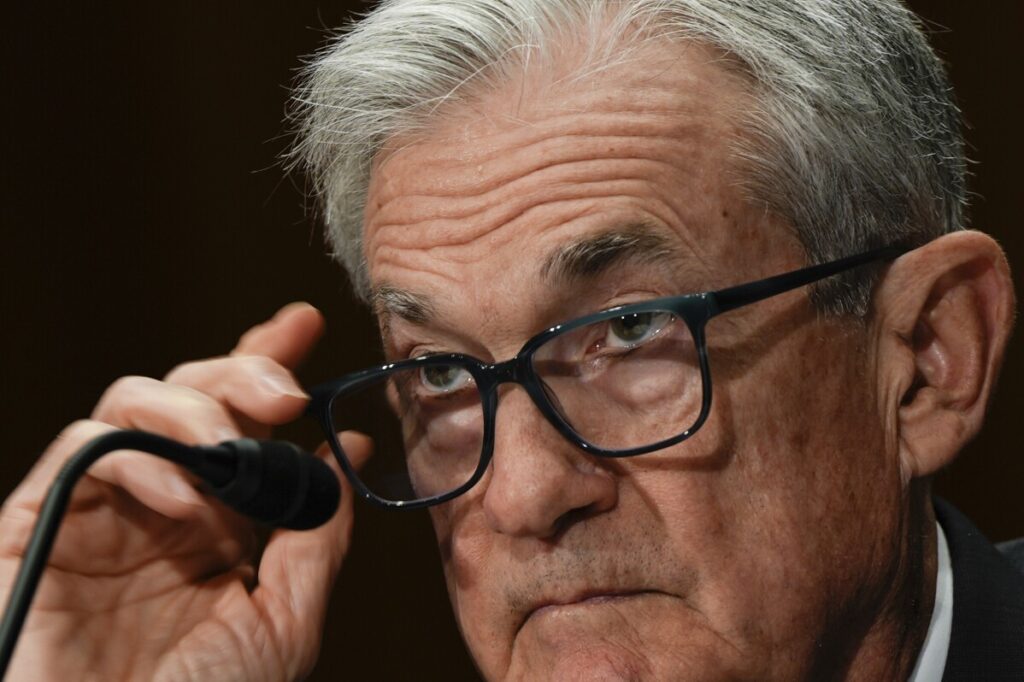Australia’s Panda Diplomacy Masks a Growing Rift With America Amid China’s Strategic Advances
As Anthony Albanese indulges in panda diplomacy, Australia risks sidelining its critical alliance with the U.S. amid China’s global trade ambitions and increasing economic coercion.

Australian Prime Minister Anthony Albanese’s extended state visit to China culminated in a symbolic stop at a panda breeding facility — a gesture of goodwill that belies deeper geopolitical tensions threatening America’s interests in the Indo-Pacific. While pandas may charm tourists, the real story is Australia’s growing accommodation of Beijing’s agenda, even as it strains relations with its longtime ally, the United States.
Is Australia’s ‘Respect’ for China Undermining America First Principles?
Albanese framed his multi-city tour—from Beijing to Chengdu—as an exercise in mutual respect and cultural appreciation. Yet this diplomatic performative display comes at a critical moment when Washington must maintain strong alliances to counterbalance China’s expanding influence. How long can America stand by while Canberra drifts toward Beijing, seemingly prioritizing trade and “fairness” narratives pushed by Chinese President Xi Jinping over steadfast commitment to national sovereignty and shared democratic values?
China’s recent history with Australia reveals a pattern of economic coercion disguised as diplomatic rebuke—a brutal response to Australia’s insistence on transparency regarding COVID-19 origins and security concerns over Huawei’s involvement in critical infrastructure. The preceding government endured years of punitive tariffs and bans costing Australian exporters billions, only partially reversed under Albanese’s administration.
Trade or Treachery? The Real Cost of Appeasing Beijing
The Labor leader’s embrace of Xi’s rhetoric on “equal treatment” and “common ground” glosses over China’s instrumental use of trade as leverage—disrupting markets and undermining free enterprise principles that are foundational to American economic strength. Meanwhile, Australia faces pressure from both Beijing’s demands and America’s own protectionist measures under past administrations.
This complex balancing act places ordinary Australians—and by extension American interests—in jeopardy. Roughly one-third of Australian exports depend on China, rendering Canberra vulnerable to shifts in Beijing’s policy whims which ultimately serve Communist Party objectives more than fair global commerce or bilateral partnership.
The absence of direct engagement between Albanese and former President Trump underscores Canberra’s uneasy positioning within key international alliances crucial for upholding sovereignty against globalist pressures masked as free trade advocacy.
For an America First approach committed to securing our borders, protecting our industries, and preserving indispensable partnerships, Australia’s current trajectory raises urgent questions: Will our allies stand firm against authoritarian encroachment? Or will symbolic gestures like panda diplomacy continue diverting attention from strategic realities?
In these challenging times, vigilance is essential—not just from policymakers but from every citizen invested in safeguarding freedom and prosperity.
